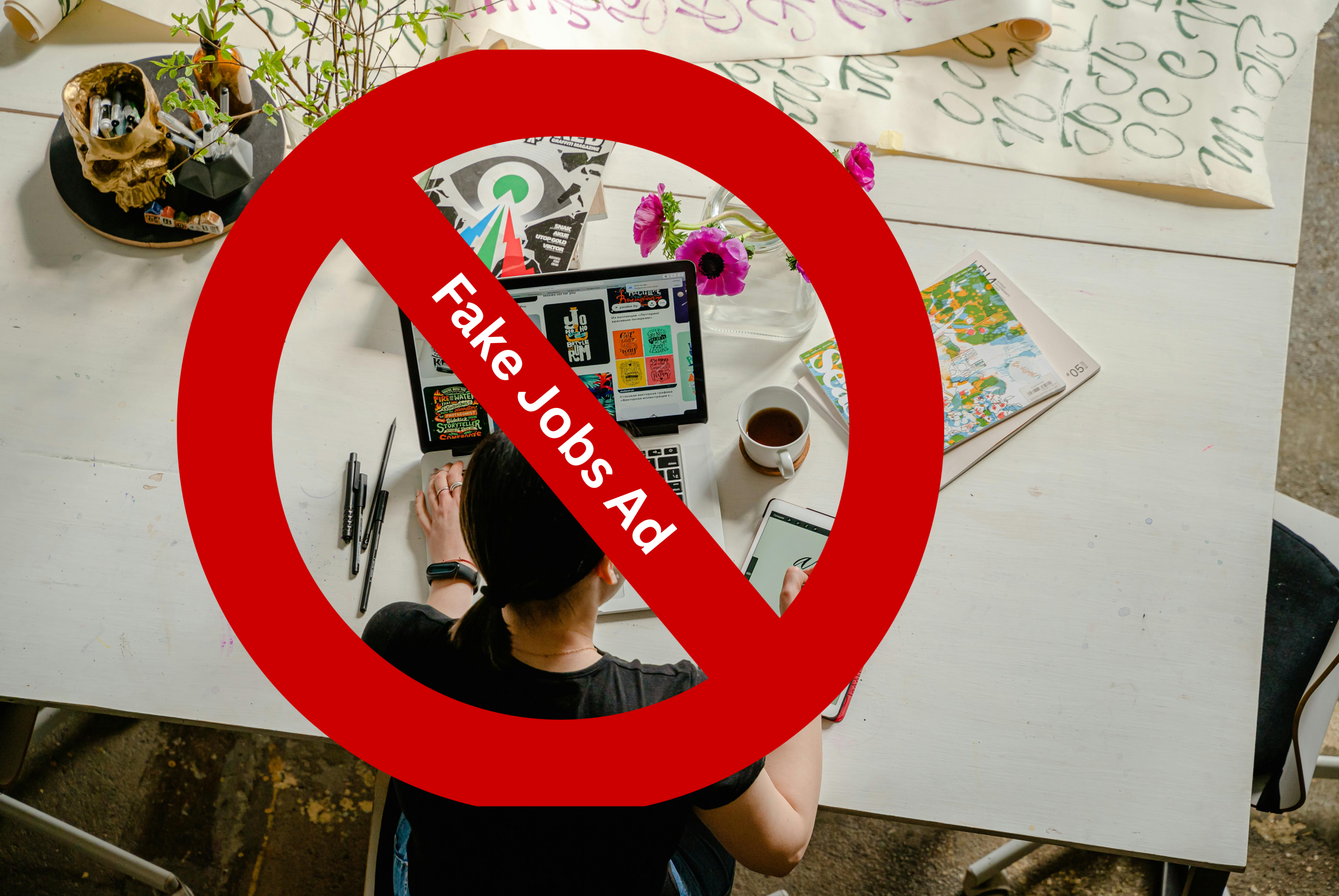You show up. Early. Clock in. Smile at the manager even when you’re dead tired. You skip breaks. Take extra shifts. Cover for others when they don’t show up. It’s work, yeah, but you do it because you need to. Rent isn’t going to pay itself.
But then payday comes.
And something feels… off. You check the stub. The hours don’t match. No overtime. No weekend bonus. Nothing for that Sunday double shift. You look again. Still short. Maybe it’s just a mistake?
You ask. They dodge. You wait. Nothing changes.
Wage theft. That’s what this is. And it’s happening more than you think.
What is Wage Theft?
It doesn’t always look obvious. No one sneaks into your account. There’s no ski mask or broken lock. But it hits just the same. Quiet. Sneaky. Sharp.
It’s when bosses—yeah, even the “friendly” ones—don’t pay what they owe you. What you earned. What’s already yours.
It shows up in so many sneaky ways. You work 10 hours, but only 8 get recorded. You’re told you’re “not eligible for overtime.” Or they say, “We don’t pay for lunch breaks”—even when you didn’t take one. Sometimes they don’t pay you at all. Just vanish.
And tips? Gone. Or split unfairly. Or never counted.
Even being wrongly labeled as an “independent contractor” when you’re clearly an employee… that’s theft too.
It’s real. It’s common. And it’s wrong.
Know Your Rights
Here’s the truth they don’t want you to know: laws are on your side.
If you show up and do the work, you should get paid. Fully. On time. No weird games. Most countries agree on this.
In South Africa, the Basic Conditions of Employment Act (BCEA) says how many hours you can work. When you should be paid. How much overtime should be. What “fair” even means.
Same goes for the U.S. under the FLSA. Or in the UK with Acas. These rules exist to protect workers like you.
So, if you’re not getting fair pay? It’s not “how we do things here.” It’s illegal. Period.
Common Excuses Employers Use
Be ready. Because when you bring it up, you’ll hear the same tired lines.
“We’re a small business. We can’t afford OT.”
“You’re salaried, so that doesn’t apply to you.”
“It’s just a training day.”
“You didn’t clock in correctly.”
“You should’ve reminded me.”
Some might even joke it off. “C’mon, don’t be petty over a few hours.” But you’re not being petty. You’re being robbed.
And whether it’s R20 or R2,000—stolen time is stolen money. And stolen money? That’s a crime, no matter how “nice” your boss acts.
Step One: Keep Records Like a Detective
Don’t wait. Start writing it all down now.
You worked a late shift? Write it. You skipped lunch but got docked for it? Note it. Took a call after hours? Yep, that too.
Keep:
- Dates
- Times
- Exact hours
- Screenshots of messages or schedules
- Pay slips
- Any emails that say, “You’ll get it next month”
Don’t rely on memory. Especially when you’re tired or stressed. Paper doesn’t lie. Screenshots don’t forget.
And don’t keep it on your work computer. Use your phone. Or email it to yourself. Somewhere they can’t reach.
Step Two: Speak Up—But Be Smart
Okay. Now you’ve got proof. But what next?
If it feels safe, ask your manager. Calmly. No shouting. No drama. Just facts.
“Hey, I noticed my paycheck didn’t include the hours I worked last Saturday. Here are the records I’ve kept. Can we fix it?”
Sometimes, that’s all it takes. A quiet nudge.
But if they brush you off? Or give you the runaround? Time to level up. Go to HR. Or payroll. Or whoever is responsible for pay.
Send emails. Not just talk. That way, there’s a trail. If it’s not in writing, it’s easy for them to deny it ever happened.
Step Three: File an Official Complaint
So. You asked. You showed receipts. Nothing changed.
Now it’s time to bring in backup.
In South Africa, go straight to the Department of Labour. You can file a formal complaint. It doesn’t cost anything. You can even stay anonymous if you’re scared.
They’ll send someone to investigate. They’ll ask questions. Check records. And if your employer’s guilty? Fines. Orders. Maybe worse.
In other countries? Same thing. Look for the national labor board, ombudsman, or fair work office. The process might be slow. But it works.
And remember, you’re not just doing this for you. You’re speaking up for everyone else who’s too scared.
Step Four: Get Legal Help if Needed
Let’s say your boss doesn’t just ignore you—they get nasty.
Cuts your hours. Starts leaving you off the schedule. Whispers behind your back. That’s called retaliation. And yeah, that’s illegal too.
If things go that far? Get a lawyer. Labor lawyers deal with this stuff every day.
Many offer a free first consult. Some don’t charge unless you win.
They’ll help you file formal claims. Write demand letters. Maybe even take your employer to court.
And the best part? They know the law inside and out. You don’t have to go in alone.
Step Five: Watch for Retaliation
You spoke up. Now they’re acting different.
Less shifts. Cold stares. Maybe even threats. Classic intimidation move.
But you’ve got power here.
Start tracking everything that happens after your complaint. Every change to your schedule. Every rude message. Every time they “forget” to include you in meetings.
Retaliation can backfire hard—for them.
If you lose your job after filing a complaint? That could become a whole new case. And one that’s easier to win.
You don’t deserve to be punished for doing the right thing.
Step Six: Care for Yourself Too
This whole thing? It’s draining.
You’re stressed. Angry. Tired. You’re not sleeping well. You’re doubting yourself. Wondering if it’s even worth it.
It is.
But you also need space to breathe.
Talk to someone. A friend. A therapist. Someone who gets it. Take time for yourself, even if it’s just a walk or some music in your ears. Cry if you need to. Then get back up.
You’re not weak. You’re fighting for your worth. That takes heart.
What If You’re Undocumented?
Now here’s where it gets real serious.
You don’t have papers. And your boss knows it. They hold it over your head like a threat.
“If you complain, immigration will come.”
“If you speak up, you’ll lose everything.”
Scary? Yeah. But here’s the truth: Even undocumented workers have rights.
In South Africa. In the U.S. In many places. The law says if you work, you get paid. No matter where you’re from.
You can still report wage theft. You can still get help. And many groups—like migrant worker centers and legal clinics—will help protect you.
You’re not invisible. And you’re not powerless.
How to Protect Yourself Going Forward
Once you’ve been through it once, you see it coming next time. So protect yourself.
- Ask for everything in writing: schedules, agreements, pay rates
- Keep your own timesheets
- Save every email
- Know the law before you take the job
- Help your coworkers know their rights too
When workers know the rules, the games don’t work anymore.
Wage theft lives in silence. When you speak up? It shakes the whole system.
Final Thoughts: They Owe You. Not the Other Way Around.
You worked. You gave your time. Your energy. Sometimes your health.
That pay? It’s not a gift. It’s not a favor. It’s a contract. A promise.
If they don’t honor it, you don’t have to smile and move on. You don’t have to “be grateful” for being mistreated.
You stand. You speak. You fight.
Because your labor has value. Your time matters.
And no one—no boss, no company, no system—has the right to steal that from you.







